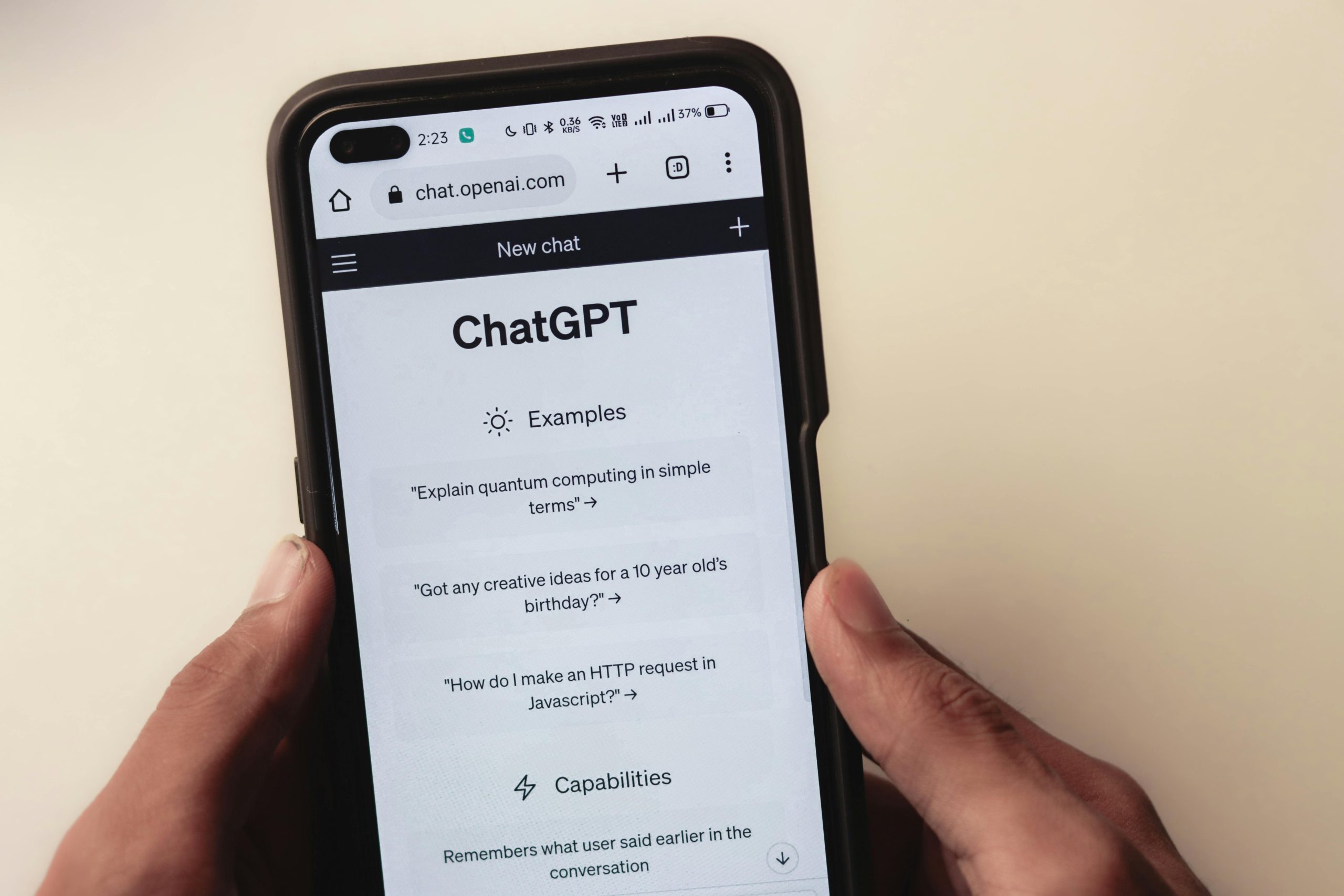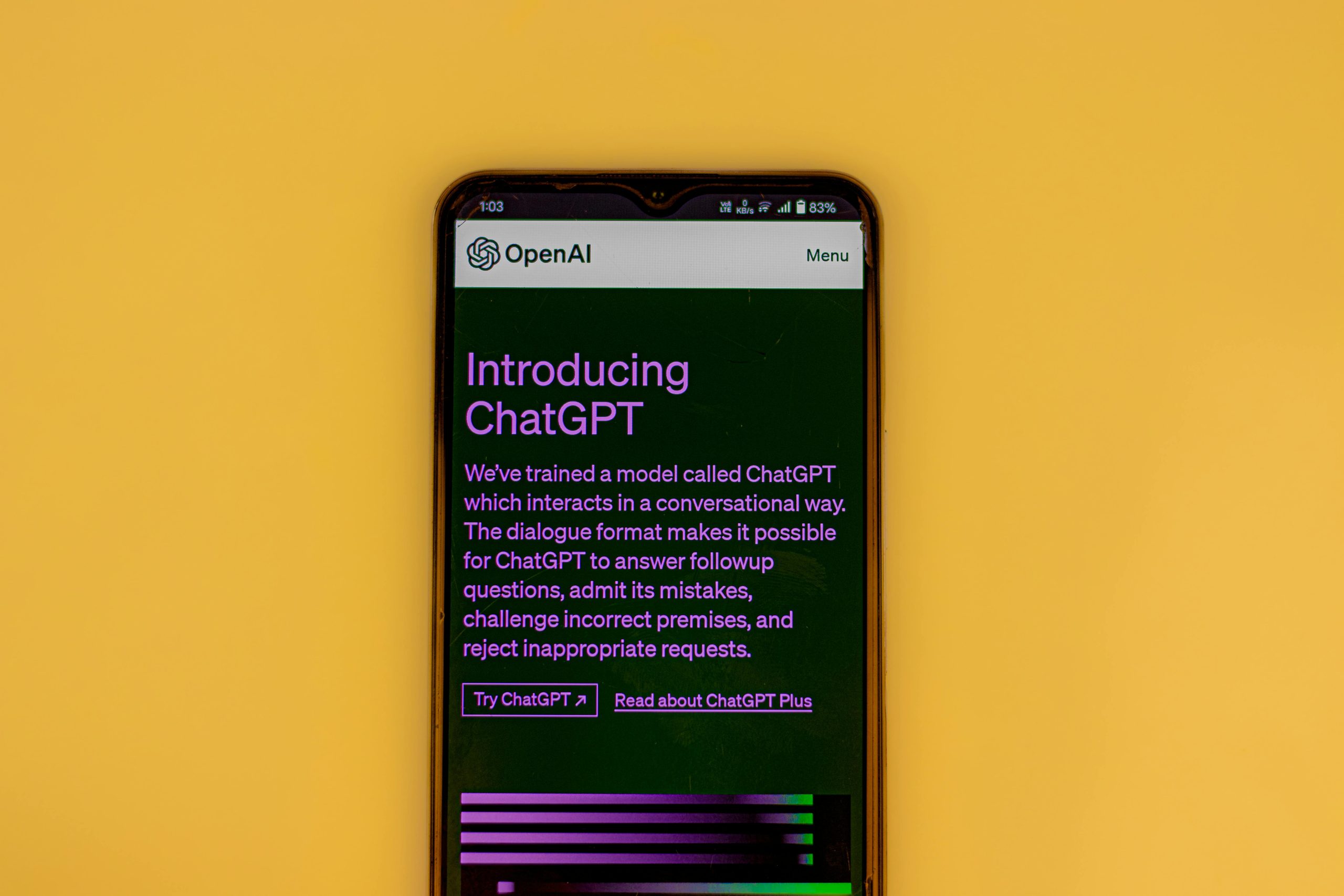OpenAI’s user data shows people are basically outsourcing all of their decisions to ChatGPT
Analyzing OpenAI’s User Data: Are We Outsourcing Decision-Making to ChatGPT?
In a recent release of usage statistics derived from approximately 800 million ChatGPT interactions, OpenAI sheds light on how users are engaging with the AI tool. Contrary to the common perception that ChatGPT primarily serves as a code-writing or automation platform, the data reveals a different trend: nearly half (49%) of users utilize ChatGPT for advice and recommendations, while 40% employ it for completing specific tasks. Only a small segment (11%) leverage it for creative endeavors.
This distribution suggests a significant shift in how people are interacting with AI. Instead of predominantly drafting code or automating workflows, users are turning to ChatGPT as an advisory counterpart, posing questions like “Should I accept this job offer?” or “How should I approach my manager about a concern.” Essentially, users are outsourcing their decision-making processes—seeking guidance on judgments that they traditionally would have made alone.
The trend highlights a broader phenomenon: many individuals experience decision paralysis and are increasingly depending on AI to help navigate complex choices. The AI isn’t just executing predefined tasks; it’s serving as a thinking partner, providing insights and perspectives that influence human judgment.
This dynamic also helps explain why AI appears more conversational and collaborative rather than purely functional. People prefer to engage with AI as a supportive colleague rather than a replacement. They retain the ultimate authority in decision-making but appreciate the assistance in weighing options.
The implications extend into sectors like consulting and advisory services. Traditionally, these fields thrived on problem-solving and decision-support expertise. Now, with AI offering accessible and instant guidance, the value proposition of human-centered consulting faces new challenges. As AI can provide similar advisory functions for free or at a lower cost, the traditional consulting model may need to evolve.
In essence, we are witnessing a paradigm shift from merely automating tasks to enhancing our capacity to think. The transition from productivity tools to collaborative thinking partners marks a significant development in human-AI interaction.
It’s amusing—yet revealing—to consider that 800 million users are essentially asking a chatbot what to have for lunch or whether to reconnect with an ex. This trend exemplifies how AI is becoming embedded in our everyday decision-making processes, reshaping the way we think, choose, and collaborate.
Published by [Your Blog Name], exploring the evolving landscape of AI and human interaction.














Post Comment